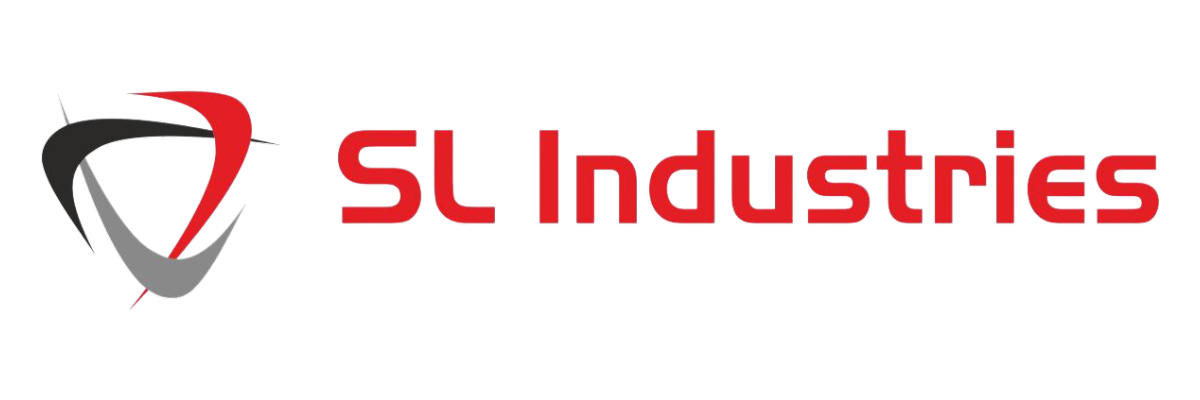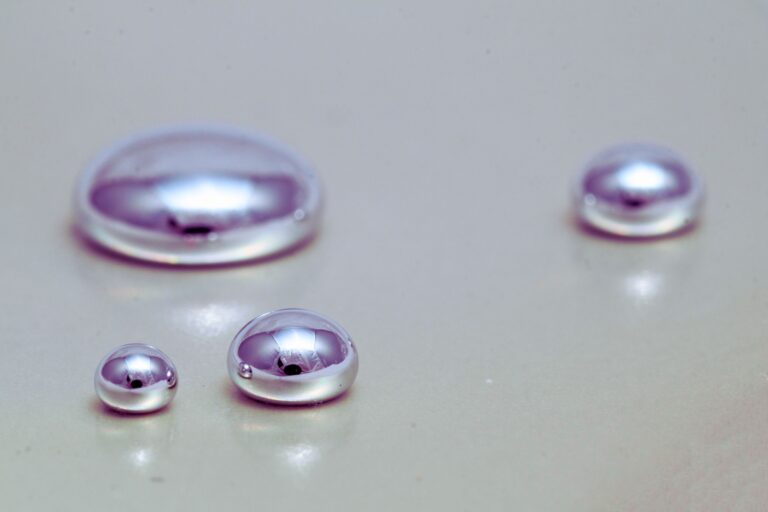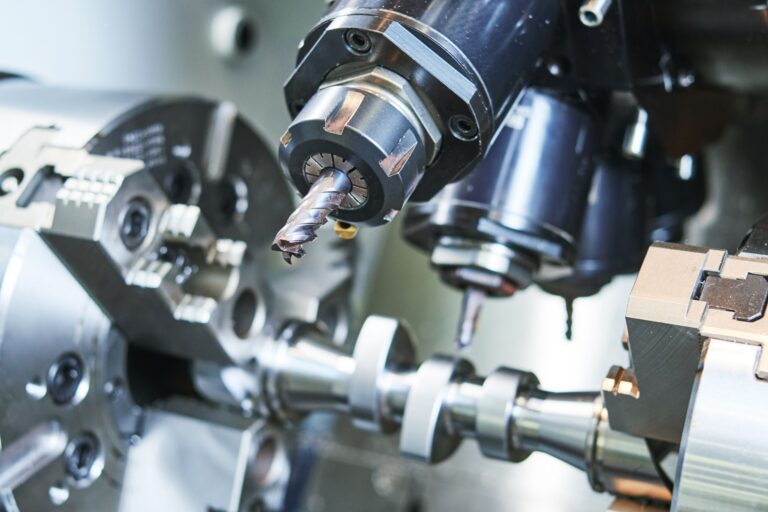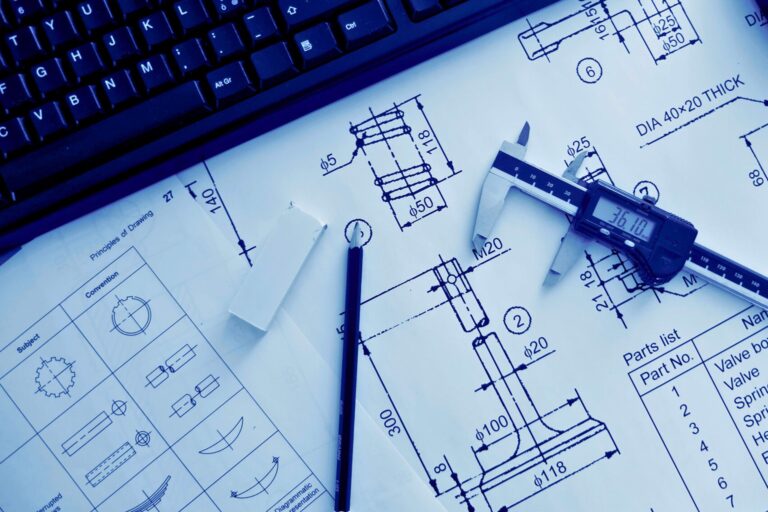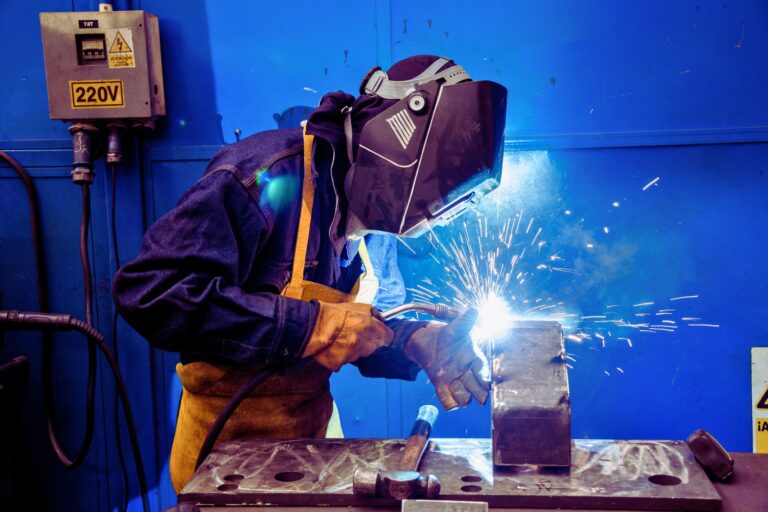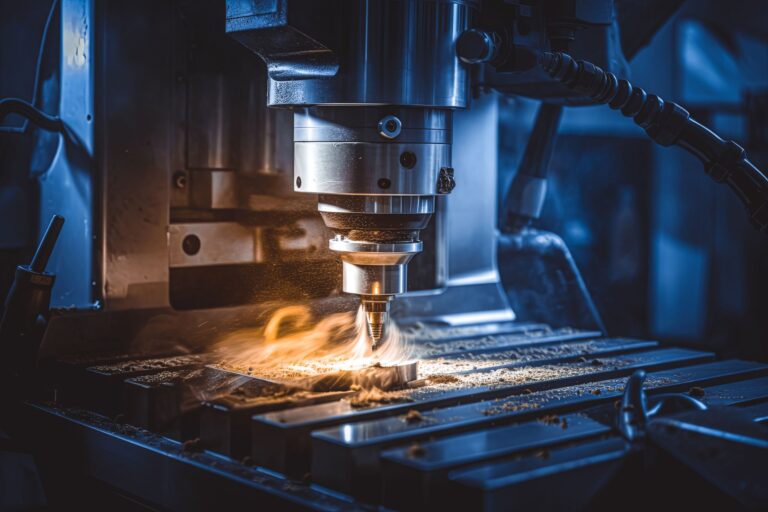In modern manufacturing, the durability and performance of metal components are heavily influenced by surface treatment technologies. As industries demand longer-lasting and higher-performing materials, advancements in surface treatments are playing a critical role in improving corrosion resistance, wear resistance, and overall material longevity. From automotive and aerospace to heavy machinery and construction, innovative surface treatment techniques are transforming industrial applications and product reliability.
The Importance of Surface Treatment
Surface treatment enhances the properties of metals by modifying their outer layers, protecting them against environmental factors, mechanical stress, and chemical exposure. Without proper treatment, metals are vulnerable to corrosion, oxidation, and premature wear, leading to reduced product lifespan and increased maintenance costs.
Recent advancements in surface treatment technologies are addressing these challenges, offering improved performance while maintaining sustainability and cost efficiency.
Key Advancements in Surface Treatment Technologies
1. Plasma Electrolytic Oxidation (PEO)
PEO is an advanced electrochemical process used primarily on aluminum, titanium, and magnesium alloys. This technique forms a hard, ceramic-like oxide layer on the metal surface, significantly improving wear and corrosion resistance. Unlike traditional anodizing, PEO creates denser coatings with superior adhesion, making it ideal for aerospace and automotive applications.
2. Laser Surface Treatment
Laser technologies are revolutionizing surface modifications by enabling precise, localized treatment without the need for chemical additives. Laser hardening, laser cladding, and laser texturing enhance surface properties, improving wear resistance and enabling better bonding for coatings. The non-contact nature of laser treatments also reduces material distortion, making it ideal for precision components.
3. Thermal Spray Coatings
Thermal spray technology applies metal, ceramic, or composite coatings onto surfaces using high-velocity thermal energy. These coatings offer superior protection against extreme temperatures, abrasion, and chemical exposure, making them valuable in heavy industrial equipment, turbine components, and marine applications. Variants like High-Velocity Oxygen Fuel (HVOF) spraying deliver denser and more durable coatings compared to conventional methods.
4. Chemical Vapor Deposition (CVD) and Physical Vapor Deposition (PVD)
CVD and PVD techniques are widely used to create thin, wear-resistant coatings with excellent adhesion. These vacuum-based processes apply advanced coatings such as titanium nitride (TiN) and diamond-like carbon (DLC), improving hardness and reducing friction in cutting tools, medical implants, and precision machinery.
5. Environmentally Friendly Coatings
Sustainability is becoming a major focus in surface treatment. Innovations such as water-based coatings, nanocoatings, and trivalent chromium plating offer safer alternatives to traditional hazardous chemicals. These environmentally friendly treatments reduce toxic waste and improve workplace safety while maintaining high durability and corrosion resistance.
Benefits of Advanced Surface Treatments
- Extended Component Lifespan – By enhancing surface durability, manufacturers can reduce maintenance costs and improve product reliability.
- Improved Corrosion Resistance – Advanced coatings and treatments prevent rust and oxidation, particularly in harsh environments.
- Enhanced Wear Resistance – Surface modifications minimize friction and wear, ensuring longer operational efficiency in mechanical systems.
- Increased Energy Efficiency – By reducing material degradation, coated surfaces maintain efficiency and performance over extended periods.
- Sustainability and Regulatory Compliance – Modern surface treatments focus on eco-friendly alternatives, reducing harmful emissions and waste.
The Future of Surface Treatment
The continuous development of nanotechnology, additive manufacturing, and smart coatings is driving the future of surface treatment technologies. Self-healing coatings, anti-microbial surfaces, and AI-driven process optimization are expected to further enhance material performance and industrial efficiency.
At SL Industries, we recognize the importance of these technological advancements in ensuring durable and high-performance metal components. By staying informed on the latest innovations in surface treatment, manufacturers can improve product reliability, reduce operational costs, and meet the evolving demands of modern industry.
